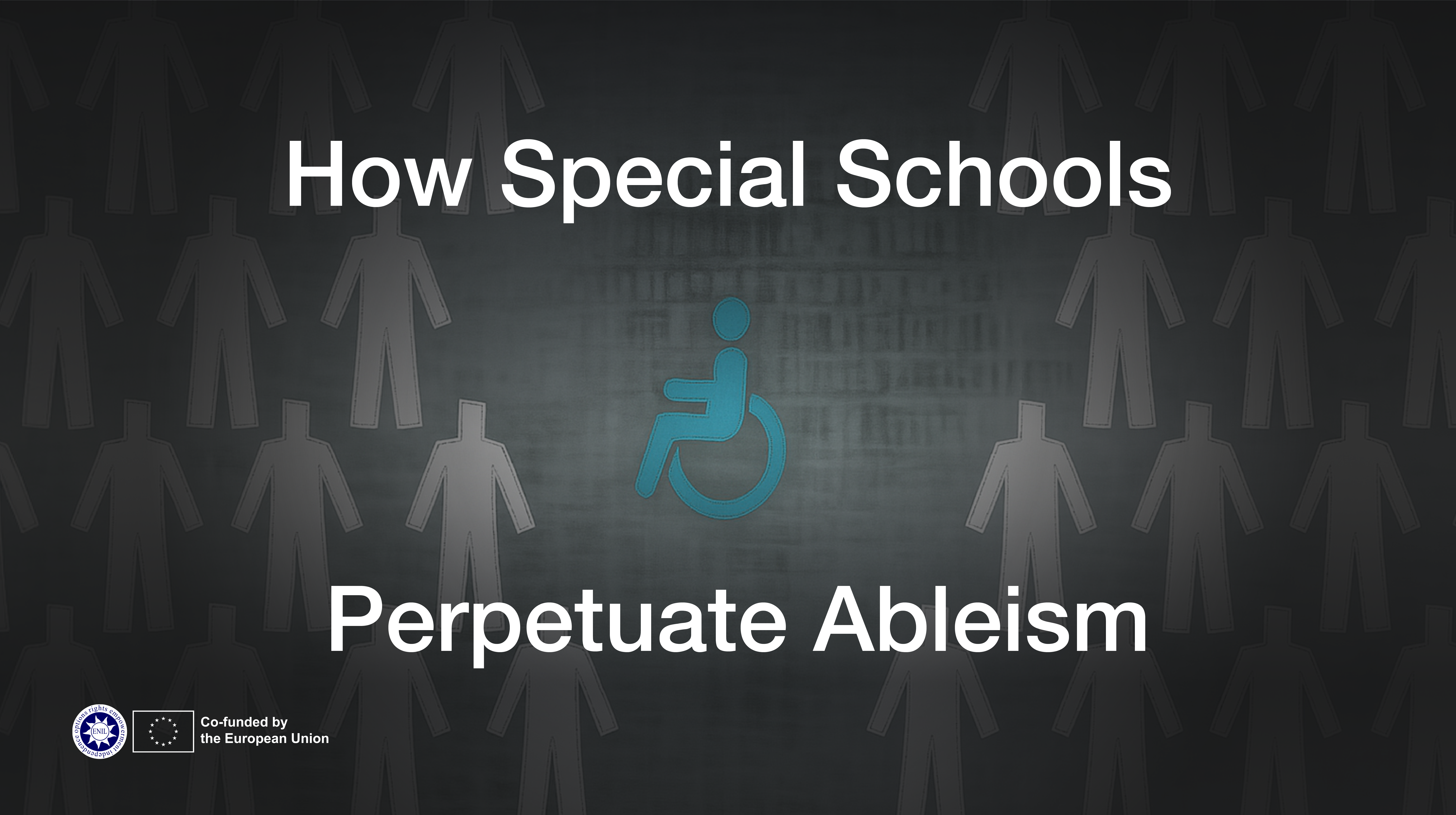This January, a one-man committee submitted a proposal about the Act on Support and Service for Persons with Certain Functional Impairments to the Swedish government. The proposal entails such severe changes to current rights that – if implemented – big institutions will be built in Sweden again.
Above all, there are three suggestions that would jeopardise the right of disabled people to live like others, in society:
1.Children under the age of 16 shall no longer be entitled to personal assistance. Yes, you read that right. No personal assistance at all for children under the age of 16, no matter how extensive their support needs are. Instead, a new home care-like support should be introduced. A support that is to be carried out on a point-by-point basis in the home by the municipalities. With this proposal, the children with the greatest disability will no longer grow up in a family.
2.Adults who need support that is not “practical” will no longer be entitled to assistance. Instead, the municipalities would create a whole new support service named “Preventative educational support”. This would affect those most vulnerable to exclusion: people with intellectual disabilities and, for example, people with autism, who often have great problems communicating and who need people around them who understand them well and can interpret what they are saying. Many of these people have terrifying experiences from institutions behind them. They have been locked up, subjected to coercion and violence. Should they be forced back?
3.Those adults with disabilities who remain when the first two groups have been removed will have their right to assistance severely cut. In addition to assistance with their basic needs (eating, dressing, hygiene and communicating), they will be granted 15 hours a week to manage their home, shop for food, work out and have an active leisure time. Today, many people have personal assistance around the clock.
Personal assistance has been a right in Sweden for 25 years. It is one of the 20th century’s greatest freedom reforms in our country. Assistance has meant equal living conditions and full participation in the community for thousands of citizens – at a fraction of the cost of big institutions.
It will be a great shame for Sweden if these proposals become reality. Many will have to move to institutions. For people with the highest support needs, these changes will be life threatening. This is not something one would expect in a country like Sweden.
Swedish media have recently reported that researchers and people with disabilities in the UK have warned Sweden not to shift responsibility for personal assistance from the state to municipality. British municipalities, despite having ring fenced funds, have withdrawn support from the most vulnerable children in recent years. Disability researcher Prof. Tom Shakespeare at the London School of Hygiene and Tropical Medicine has warned Sweden not to follow in Britain’s footsteps, where the municipalities received earmarked funds from the state and yet reduced funds for personal assistance. If the proposal is implemented, Professor Shakespeare believes that there is a risk that disabled people in Sweden will be forced into institutions, that their health will deteriorate and their isolation will increase.
In the last ten years, the right to personal assistance in Sweden has been reduced over and over again, via a large number of judgments in the Supreme Court. Thousands of people have lost their right to personal assistance during these years and have had their lives broken. But the investigation’s proposal would bring a final end to personal assistance as we know it.
The investigation should go straight to the rubbish bin. But that does not solve our problems. We need legislative changes quickly, which would restore the right to personal assistance. It is against everyone’s better judgement that the assistance is being so severely reduced.
Kerstin Sellin, JAG Association

FACT about assistance allowance in Sweden
Assistance allowance is granted to people with severe functional disabilities – if the disability arose before the age of 65 and the person requires at least 20 hours a week of basic support. Assistance allowance is payable as a standard amount per hour to the entitled recipient. The recipient engages an assistance provider. Usually, the provider chosen is the municipality, a user cooperative or a private company. The local municipality finances the first 20 assistance hours per week for each beneficiary, whereas the rest is funded by the state.


